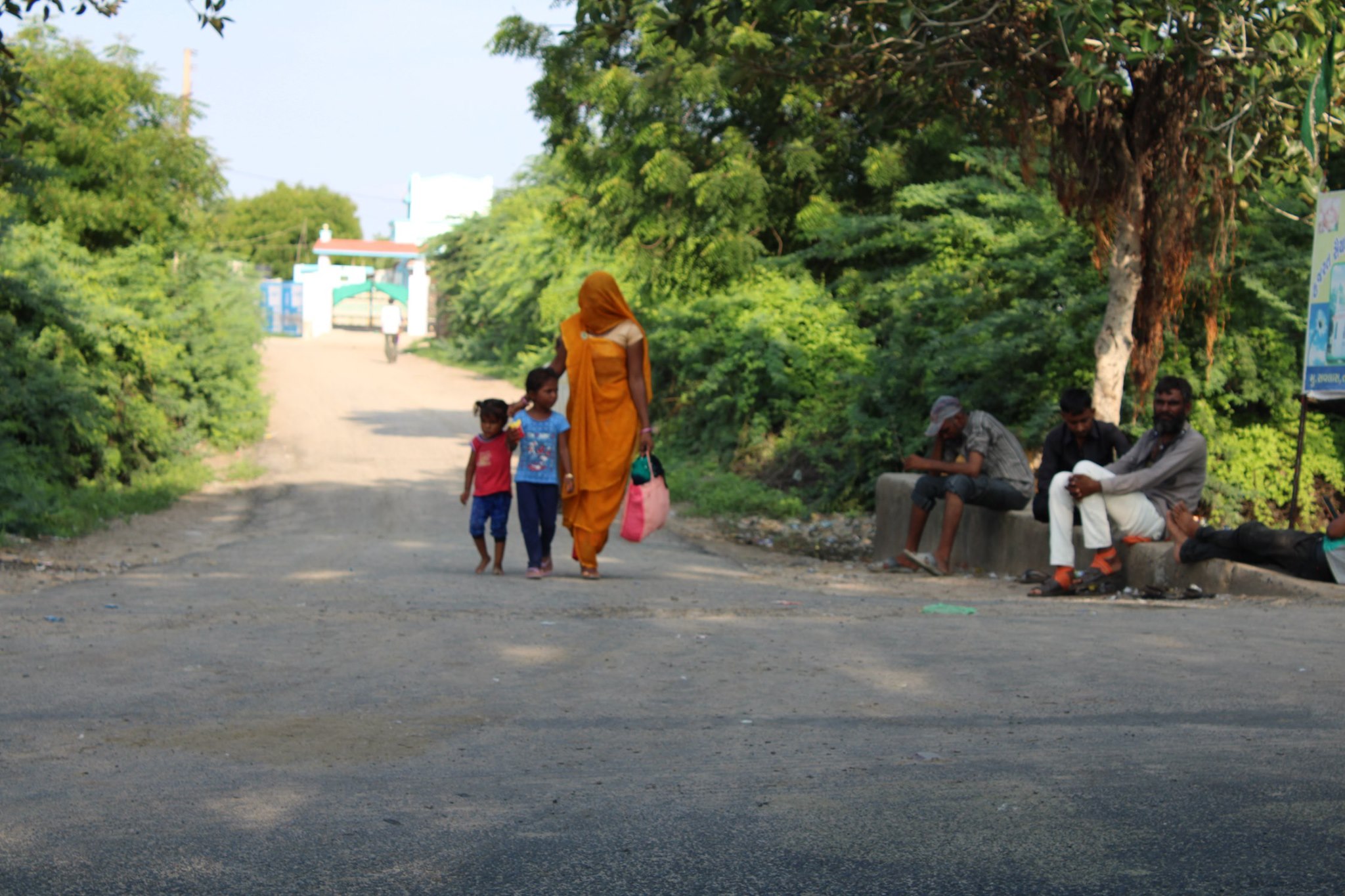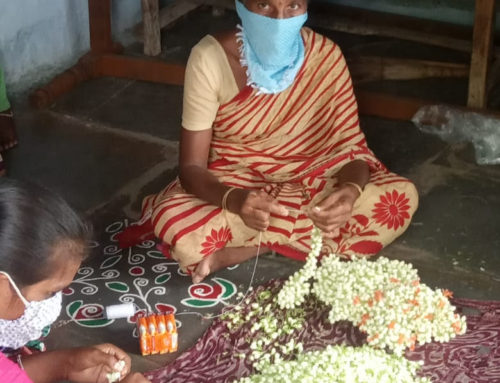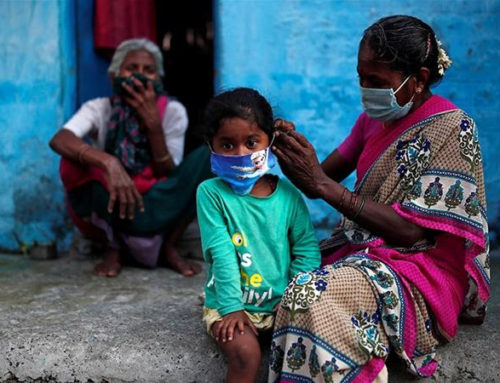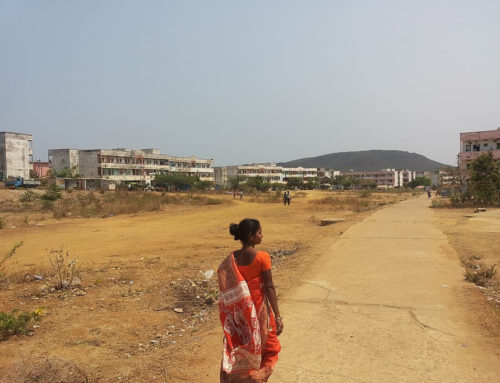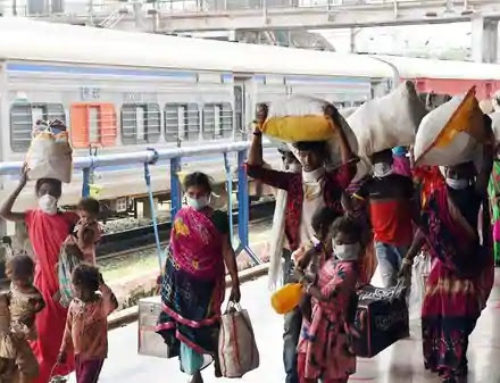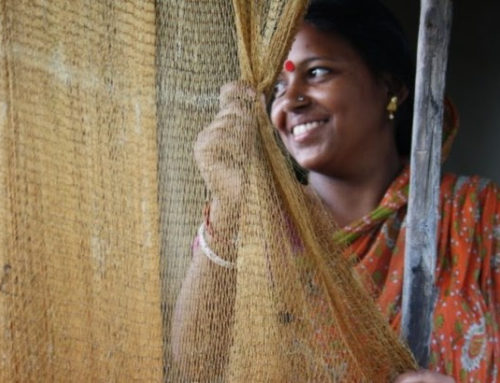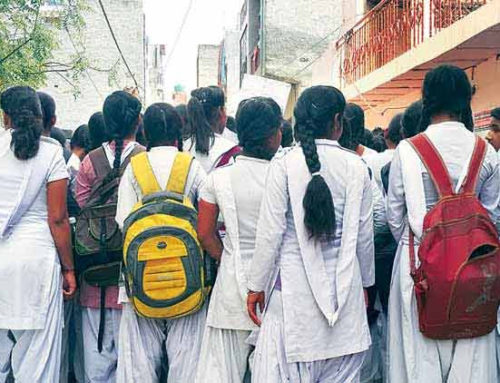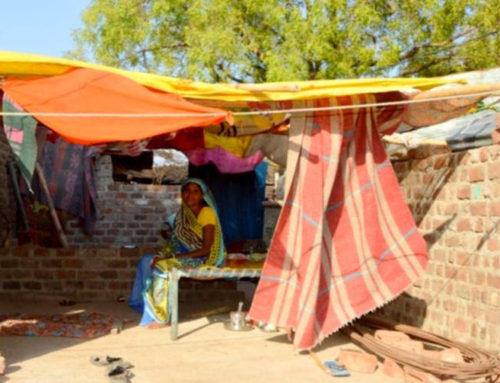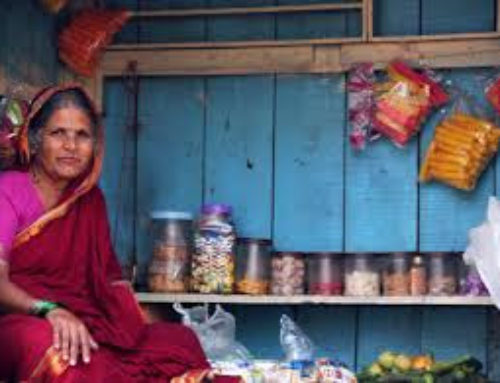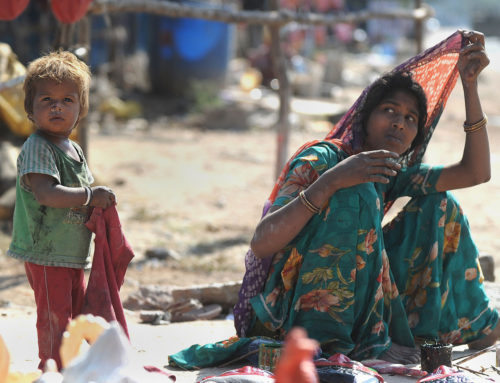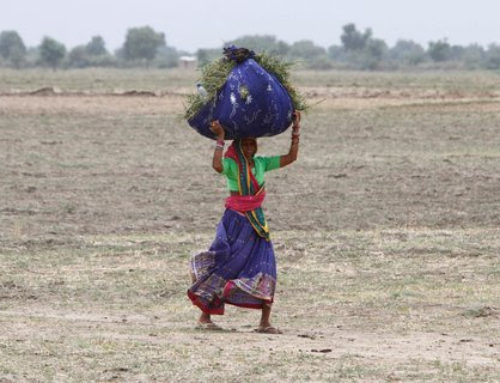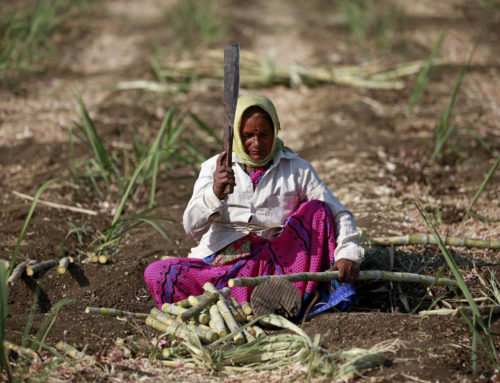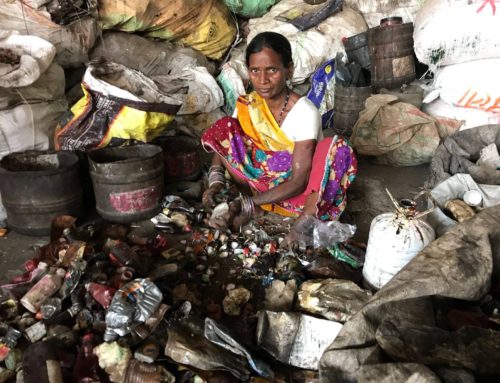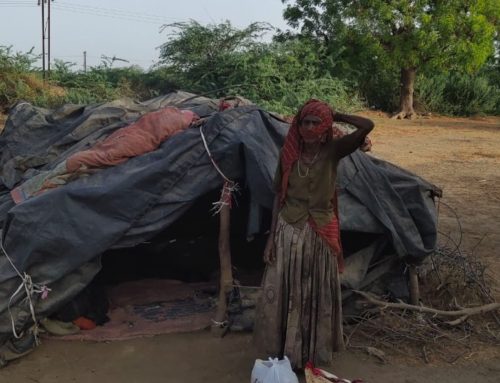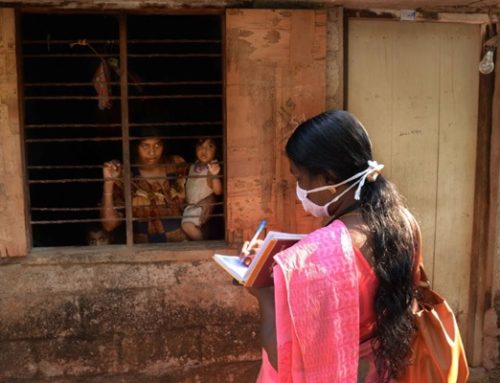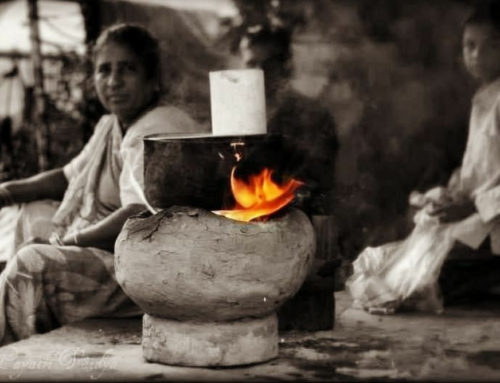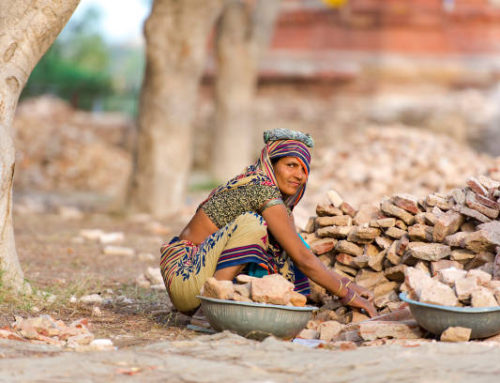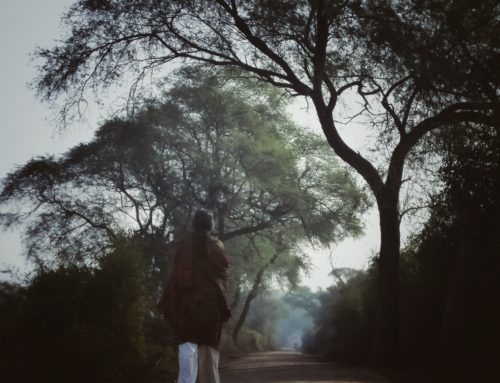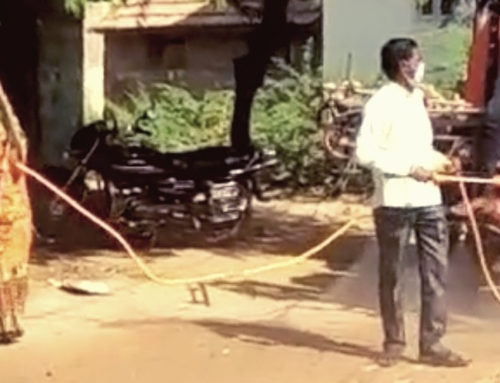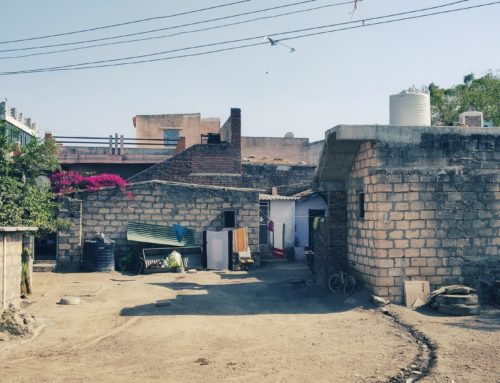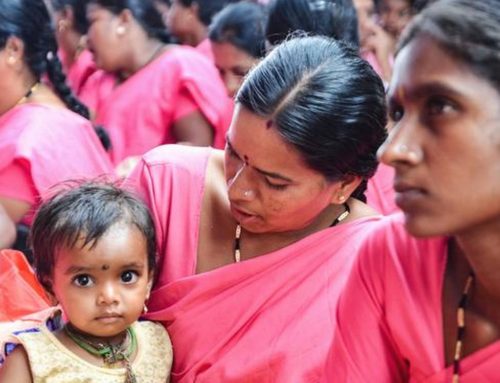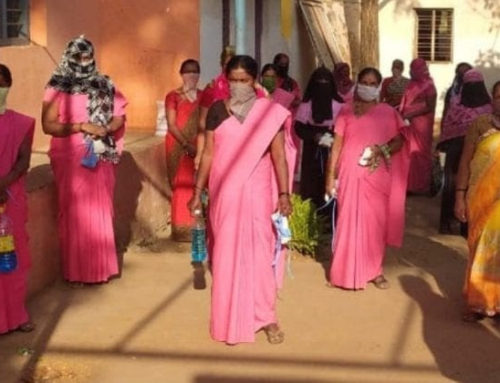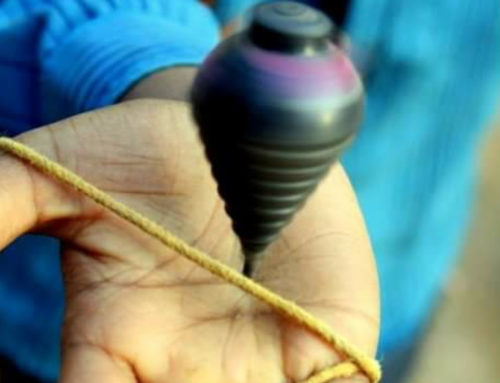Champa, a 32 year old, had to leave her marital home due to continuous physical, mental and sexual abuse by her husband and his family. She and her one year old son are currently living in her mother’s house in Siddhpur village of Gujarat.
Champa works as a daily wager to fend for her small family. With lockdown, it’s been hard getting work. To add insult to injury, her case against her husband under Section 125 asking for maintenance after separation, is facing massive delays from the court’s end. The court needs to formalise the process and mandate her husband to provide her money – cases such as these are delayed due to the current situation. Champa, being a single mother to a small child, out of work and no support systems, is struggling for the bare minimum.
Like many others, Champa had faced trouble procuring ration initially because her name is in her husband’s ration card. Even though the Government directive now mandates distribution of ration to everyone irrespective of identification or not, Champa’s troubles have not ended. With no aid and support from her in-laws or her own family, Champa is still fighting for survival.

